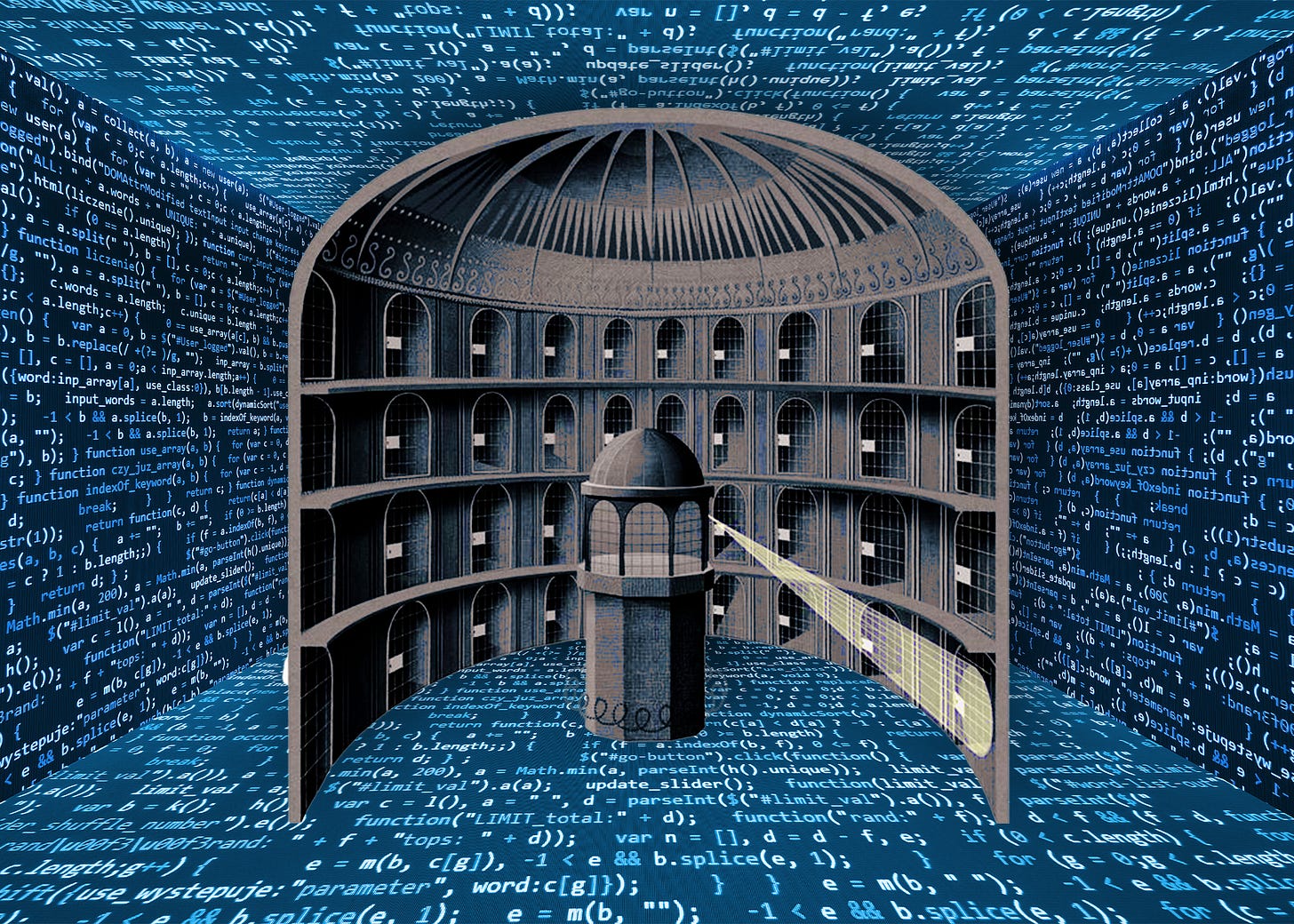
Trump’s Lies Exposed by His Own Administration
May 6, 2025
Trump Says He Won’t Fire the Fed Chair. But Could He?
May 7, 2025I AM SUCH A GEEK that I remember when Barack Obama made a splash by liberating reams of government data so Americans could use it to do things like compare colleges and start businesses.
It was 2013 and talk of a catchy “abundance agenda” was not even a glimmer in anyone’s eye. Instead, Obama signed an executive order called “Making Open and Machine Readable the New Default for Government Information.” Way to go viral, guys.
It was, of course, much more interesting than its title. The Obama administration viewed government information as “a valuable national asset” that in the hands of creative Americans would become even more valuable. “We’re making it easier for people to find the data and use it, so that entrepreneurs can build products and services we haven’t even imagined yet,” Obama said.
His announcement noted that the U.S. economy was already benefiting tremendously from industries and products using government weather data and formerly military-only GPS technology. The new initiative made previously inaccessible or unmanageable data available “in open, machine-readable formats, while appropriately safeguarding privacy, confidentiality, and security.”
This was a relatively obscure moment. I probably wouldn’t remember it at all, except for the contrast with Donald Trump’s first term, when government data became unreliable and sometimes disappeared completely. Now, in his second presidency, it’s a major obsession for me and many others. Huge collections of scientific and statistical data are already gone, while enormous caches of personal data—your finances, health, income, and more—are in the hands of unknown, inexperienced people who have no business getting access to it, based on either laws or common sense.
Not only that, but Donald Trump’s stated goal is to pool U.S. data that until now has been compartmentalized and protected within individual agencies. You can’t get more explicit than the title of this March 20 executive order: “Stopping Waste, Fraud, and Abuse by Eliminating Information Silos.”
The latest data trove at risk is the information protected by the Social Security Administration. Trump has asked the Supreme Court to give Elon Musk’s DOGE army permission to access to personal data for tens—possibly hundreds—of millions of Americans, so they can decide if you’re dead or cheating. This is time-sensitive, the lawyers argued in a filing last week. DOGE needs access for “ferreting out fraud, waste, and abuse,” they said. Also, other government employees have access to the data, so why not them?
Let me count the ways. Who are they? What education and training do they have? What vetting have they had? What clearances do they have? Do they understand what multiple federal privacy laws require? Do they have any reason to suspect fraud, waste, and abuse on a scale that justifies wholesale access to individual, confidential data?
Karianne Jones, a lawyer for unions and retirees trying to block DOGE access, said DOGE is “bullying” the agency. “They cannot explain why they want this data. They can’t really tell you what data they want. They just want everything. They want the source code, and they want to do it without any restrictions,” she told the Associated Press.
The Fourth Circuit Court of Appeals said last week in a 9–6 opinion that Americans, when they shared sensitive information with the government, fully expected that it would be “fiercely protected.” It also said DOGE already has access to anonymized data that typically is used to detect fraud and upgrade technology. Those are, the court said, the same jobs “that DOGE claims to be doing,” so that should be access enough.
Let’s be honest here. This is an administration that wipes out information it doesn’t like, including about vaccines, LGBTQ health, the climate and, of course, DEI. It weaponizes and twists information against people it wants to demonize or marginalize.
You can’t rely on this administration to provide factual data, and you certainly can’t trust it with the most intimate details of your life. The DOGE troops carrying out the search for “savings” and technology “upgrades” are unaccountable to the taxpayer. And we know one of them is a teenager.
There are at least eleven lawsuits claiming DOGE is violating the 1974 Privacy Act, but they may be outrun by events. Unnerved observers say Trump, Musk, and their allies are already well along toward their increasingly obvious goal: Compiling agency information on everyone everywhere into a single, easily searchable database.
Musk is “building a spying machine using the data he’s looted from the American public,” strategist Jason Sattler wrote last week. It’s a “surveillance state” unprecedented in America, Julia Angwin said in the New York Times, ready-made to locate immigrants Trump wants to deport, critics he wants to fire or punish, or compromising information he can use to humiliate enemies.
An underrecognized player here is the tech firm Palantir, founded by Musk frenemy Peter Thiel after the 9/11 attacks with seed money from the CIA. The company has built vast, interconnected databases for American military and intelligence agencies to find and kill terrorists abroad. Now its engineers are embedded in U.S. government agencies—including the IRS and the Office of Personnel Management—building mega-systems to track migrants and further other goals of the DOGE and broader Trump agendas.
A short and chilling Atlantic headline—“American Panopticon”—captured the moment best. A panopticon is a circular prison in which all the prisoners can be seen at any time by a centrally located guard. In philosopher Jeremy Bentham’s original conception of the panopticon, the prisoners would not be able to tell whether the guard was watching them at any given moment, so they would act as if they were being watched at all times. If that sounds like an ominous way to describe today’s America, well, tell yourself it’s just a metaphor.
The fact is that we now have a president ditching essential scientific data at a fast clip, sending “move fast and break things” saboteurs to collect other data—private, personal data—at an equally fast clip, and overseeing a frightening yet highly convenient consolidation of all the data he needs to be the president who dispenses favors to his friends and retribution to his foes.
It almost hurts, in fact it actually does hurt, to recall a time when we had a president who saw data as an economic engine, who believed in American entrepreneurs and researchers and innovators, and in the potential of government data to help them create jobs and entire industries. A president whose goal was to improve American lives and make America more prosperous.
That president once said there wasn’t a liberal America and a conservative America, just the United States of America. But that was a long time ago.
Great Job Jill Lawrence & the Team @ The Bulwark Source link for sharing this story.





